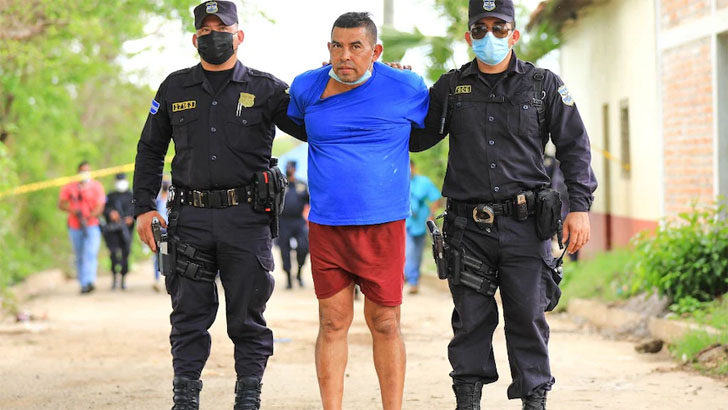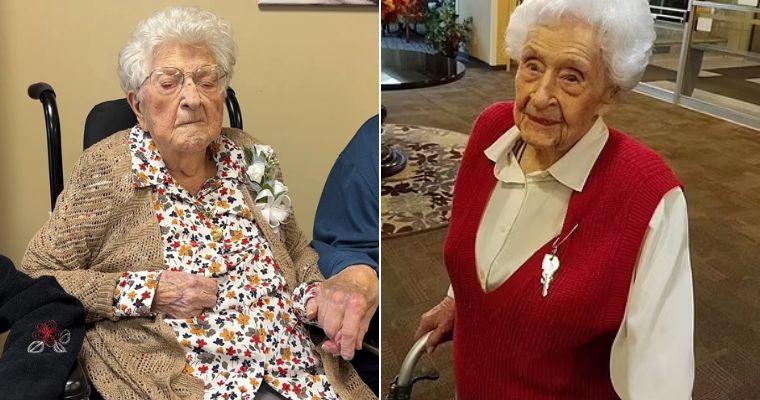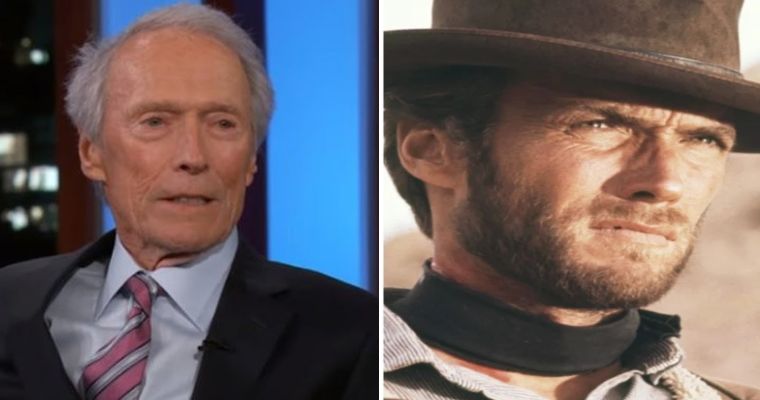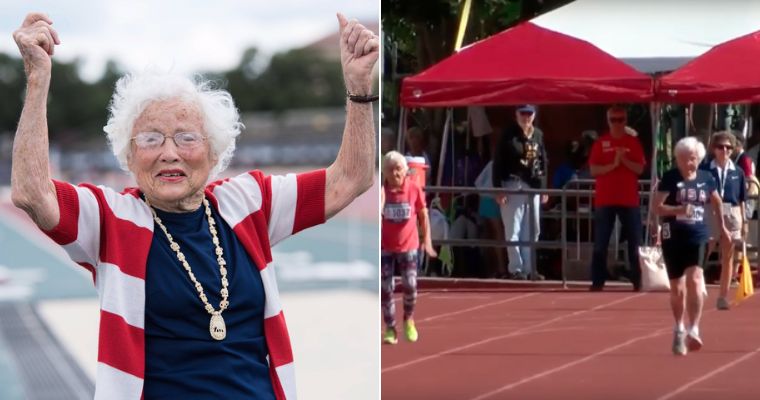When Vanessa Marshall decided to launch her now highly successful sustainable haircare company, Jack59, in 2015, she was wrapping up a degree in dentistry. After some reflection, her instincts swayed her away from this path and towards an entrepreneurial one, despite not having any formal business training.
It all started when she stumbled into the world of soap-making after watching her sister create sudsy bars in her spare time. “I started researching how to do it myself, learning the chemistry, and recorded myself making my first batch,” Marshall recalls. “It was a disaster, but it was thrilling. I was hooked.”

It was during a trip to Mexico that her “very expensive hobby” turned into something more. A fan of the sustainability of shampoo bars, she was travelling with one from an all-natural brand — but it was making her scalp so dry, itchy, and irritated that she had to go purchase a bottle of liquid shampoo. Later, while lounging on the beach, she had an aha moment: The pH level of the soap bars had to be off. If she could balance the pH, she could make and sell shampoo and conditioner bars that everyone would love.
And that’s how Jack59 was born.
When she returned home to Edmonton, AB, Marshall bought a bunch of ingredients to make her first paraben-, silicon- and cruelty-free hair care products. The company now offers a broad range of sustainable and effective hair products using unique combinations of natural proteins, oils, and extracts, all based on slight variances in the pH levels of different hair types.
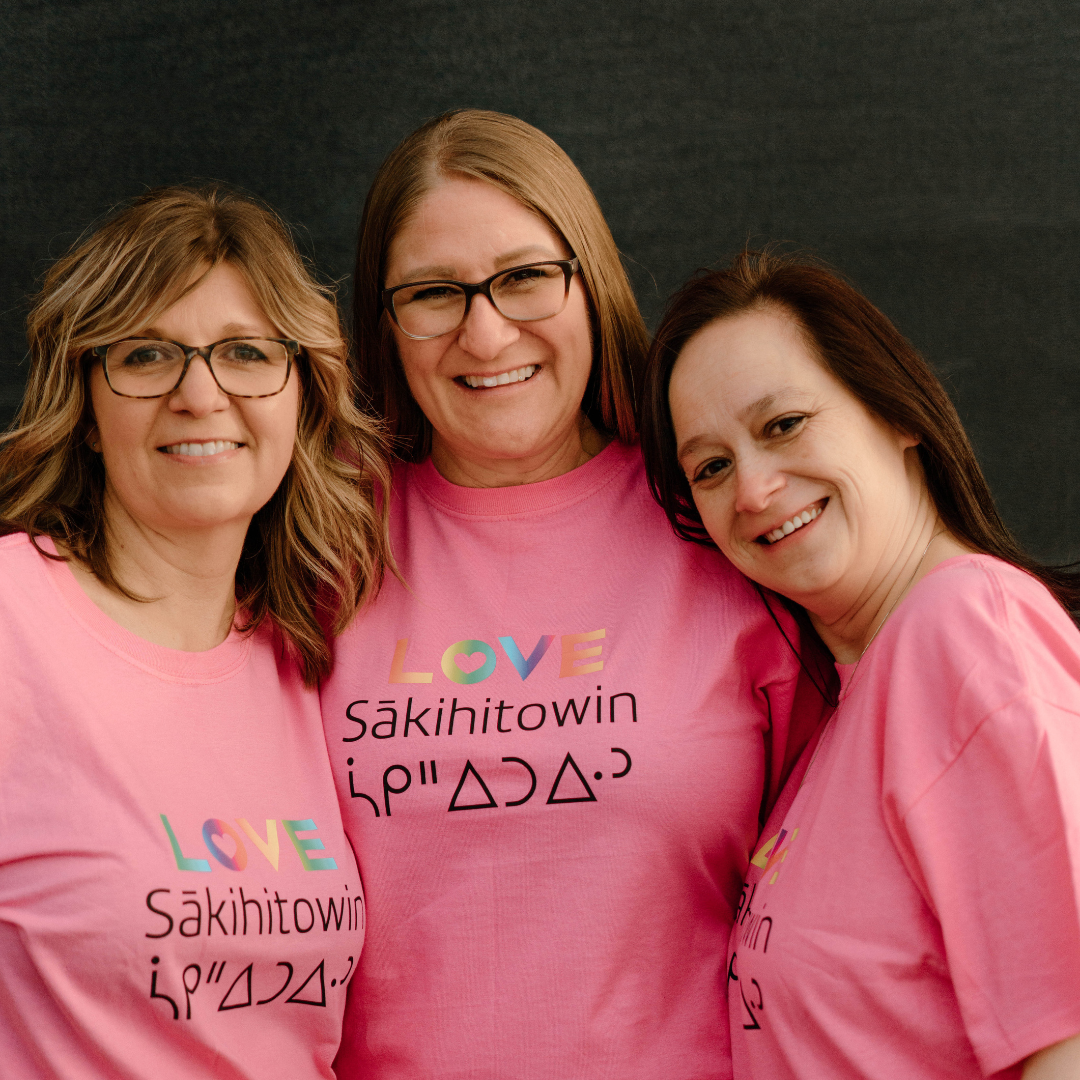
“You don’t get to choose to be an entrepreneur,” Marshall jokes. “When you talk to an entrepreneur like me, they likely can’t stop talking or thinking about their business — no matter how out there their ideas may sound. And my idea may have seemed pretty out there to some.”
“Jack59 is now recognized as a unique, sustainable, and Indigenous-owned and woman-led beauty brand.”
And as for the ‘out there’ name? It’s in honour of a lost dog that wandered into the family’s yard, and was named Jack59 by her then four-year-old daughter. A year later, when Marshall was getting her company ready for launch, her daughter asked if she could call it Jack59 in remembrance of the stray. She realized the name embraced the reason she wanted to be an entrepreneur in the first place — to be able to spend more time with her family.
Jack59 is now recognized as a unique, sustainable, and Indigenous-owned and woman-led beauty brand. “Our mission is simple,” says Marshall. “Increase the number of good hair days you have while decreasing your carbon footprint. From the responses we get from our customers, to how we’re helping the environment — I know we’re having an impact.”
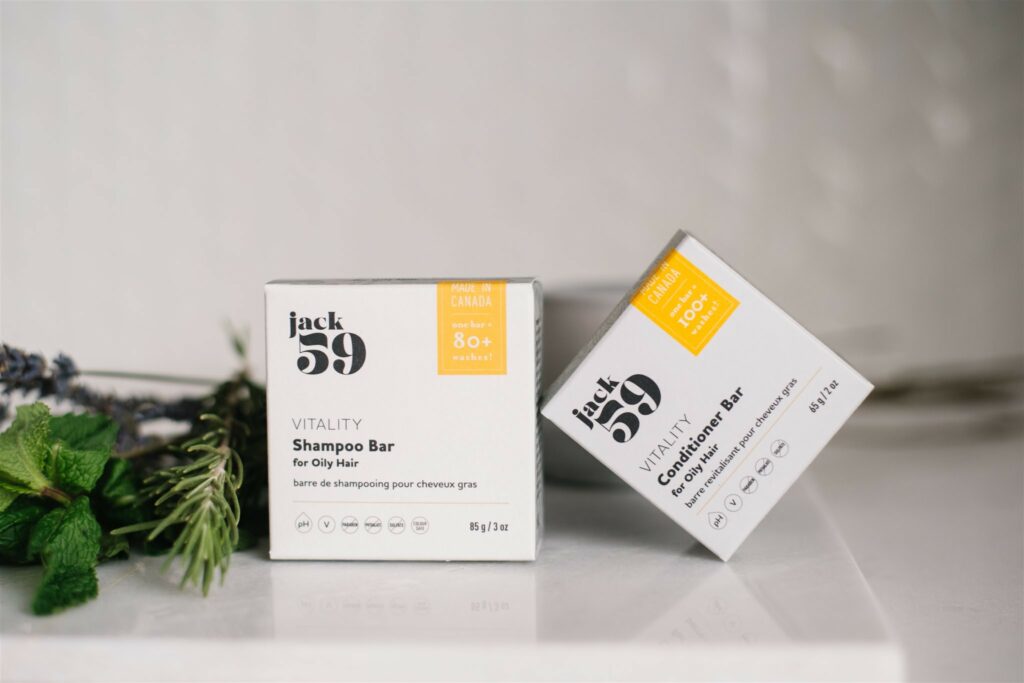
The proud owner says her company has prevented more than 500,000 plastic bottles from clogging landfills because of its wasteless, plastic-free packaging — their bars are so long-lasting, they can replace about three traditional liquid shampoo bottles or five liquid conditioner bottles. Jack59 also has a 100 per cent plastic-free production process, and uses 100 per cent recyclable packaging. From a social good perspective, Vanessa has built the company so it gives each employee the work-life balance she wanted when she was initially raising her kids.
“When you’re a child, you’re given the ability to dream. And there are no limitations to that. Whatever you saw yourself being, you believed you could do it, you believed in daydreams,” she says. “And at some point in our lives, there are fears and expectations that get instilled. There’s self-sabotage. If you can fight your way through that, you can do anything. You can make a dream a reality. I have.”
Access to capital is one of the main barriers to growth of women-owned and -led businesses. To level the playing field, targeted programs and support exist for women entrepreneurs to address the unique needs of their businesses.
Two organizations that have helped Marshall along her journey include Coralus (formerly SheEO) and Export Development Canada (EDC).
Selected as a 2022 Coralus Venture, the honour came with a zero per cent interest loan, coaching, and access to a global community of support. Coralus connected her with a network of “radically generous” women and non-binary people, who helped her with resources to grow her company — from finding the right accountant to supporting distribution and marketing.
EDC taught her how to expand her business into other countries, put her in touch with other trade partners, including the Trade Commissioner Service (TCS), by facilitating an introduction to a local trade commissioner, and increased awareness about grants she could apply for.
Organizations such as Coralus, EDC, and the TCS exist to help entrepreneurs realize their potential — the key is gaining awareness of the available resources and tapping into them.
“At a certain point, I realized I wasn’t going to be good at that stuff. It was essential I put the right people in place to do those things for me, so I could focus my attention elsewhere.”
Today, Marshall helps other entrepreneurs narrow down their company’s philosophy, so they can focus on generating results and solving problems quickly. She also suggests they figure out their weaknesses early on in the start-up process, so they can outsource tasks that eat up their time and mental capacity.
“I have no managerial experience, for example, and I don’t have business experience,” Marshall says. “Before I built my team, everything was about putting out fires, learning how to do taxes, etc., and at a certain point, I realized I wasn’t going to be good at that stuff. It was essential I put the right people in place to do those things for me, so I could focus my attention elsewhere.”
Today, Marshall and her team of 10, including her sister who’s the company’s chief operating officer, are working hard to make Jack59 a household name. In addition to their own storefront in Edmonton, they are in various boutiques and retail locations across Canada and into the United States, and they ship globally through their online store.They’re focused on creating new products and looking to expand the business into more countries.
Marshall says she knows there’s an incredible opportunity for the products they make given the current concerns about the climate and sustainability. By expanding more, not only will she be able to help others and educate them about how to choose environmentally sustainable products, she can employ more people on a local level and expand economic growth in her community.
“We already sell internationally through e-commerce. We’ve had orders in Oman and Europe. I want to break into South America next — largely because I love the people and culture. It’s very exciting.”
When reflecting on her journey, Marshall offers up this piece of advice to entrepreneurs: “If your dream scares you, it’s probably worth doing. Especially, too, if it scares other people when you tell them about your idea. Trust the journey and the road you’re on. It’s always worth it.”




